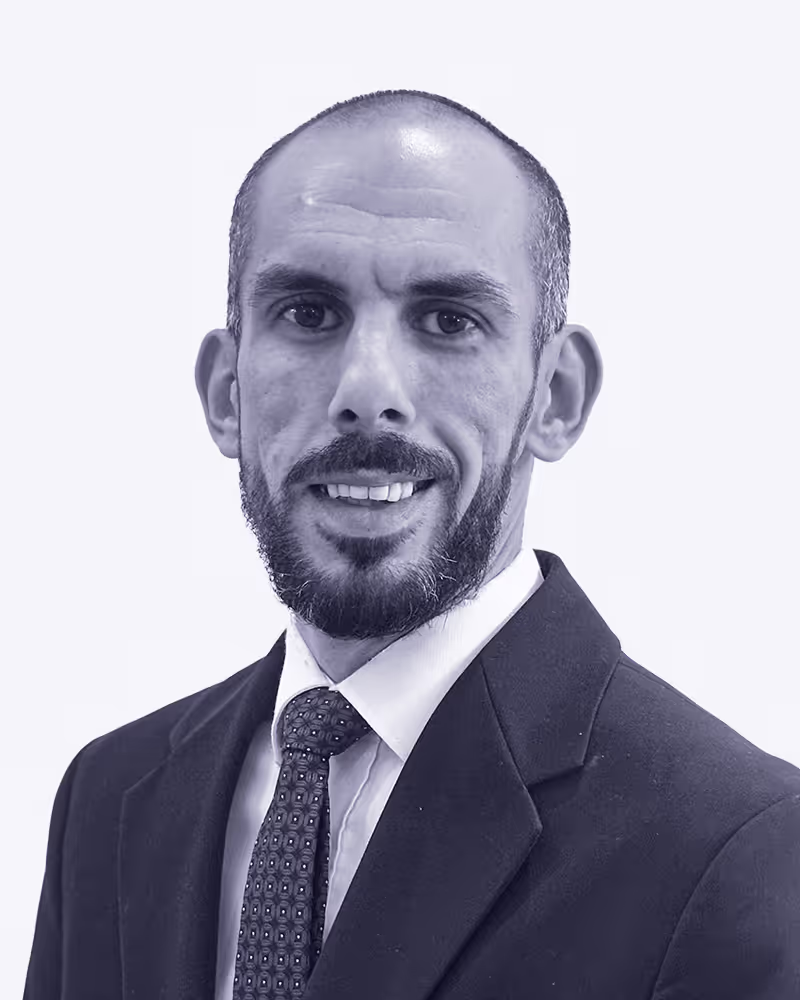Chief Future Officer
MIDDLE EAST
Discover Middle East's fastest-growing community of finance experts. Join us for candid discussions, exclusive events & tons of networking opportunities, where valuable insights await to empower your journey in the future of finance.
Finance Meet-ups:
Physical workshops, social networking gatherings, and live webinars focusing on core finance and accounting topics.
Online Community
An active community on Whatsapp and a dedicated space for exchanging strategies and job opportunities.
Educational Material
Expert interviews, comprehensive articles, and guides prepared to help finance leaders
The Job Vault
A curated job board connecting finance professionals with tailored job opportunities and resources for career growth.
Engage with top finance minds from Middle East's rapidly evolving companies














Events at Alaan
Join the discussions on everything fintech
Chats with Chief Future Officers
Top leaders in the Middle East discussing the future of finance



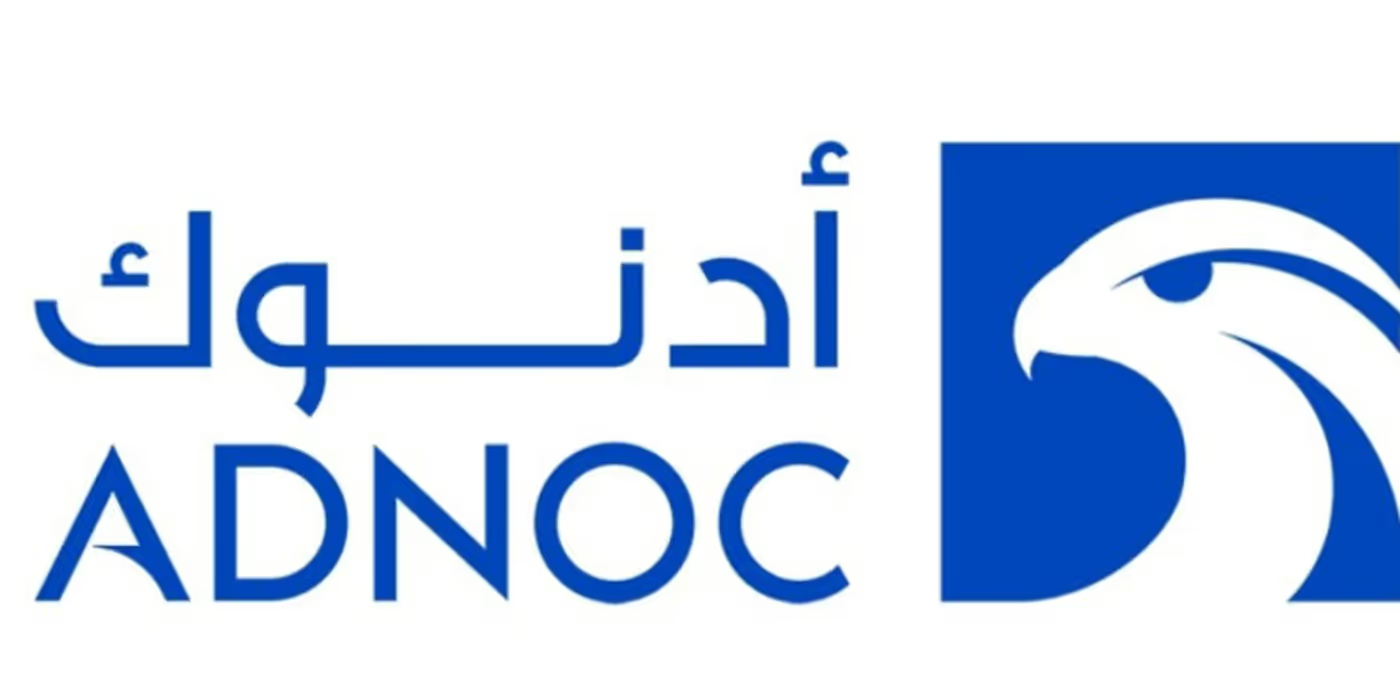
"The region is ideally positioned to play a significant role in global finance. I see more global funds and asset managers using the Middle East as a base. This influx will naturally drive significant employment opportunities in the financial sector."

What do you think is going to be the future of finance in the Middle East?
In the next five to ten years, I see the Middle East evolving into a major financial hub comparable to Hong Kong and Singapore. Financial centres like the DIFC, ADGM, and the King Abdullah Financial District will continue to grow, benefiting from the region’s strategic timezone, travel convenience, competitive tax regime, ease of doing business, high standard of living, and stability.
More global funds and asset managers will establish bases here, driving significant employment opportunities in the financial sector.
What challenges do you think the Middle East, particularly the UAE, will face in the next five years?
The primary challenges in the Middle East are market size and regulatory fragmentation. Our region is outsized in global finance relative to its population size, leading to capacity constraints. Additionally, regulatory fragmentation means each country has its own requirements, increasing business costs. However, as the population grows and regulatory harmonisation improves, these challenges will diminish, making the market more accessible and more cost-effective to navigate.
Do you think the finance function has been slower in adapting to AI? If yes, why so?
I believe the finance sector has been slower to adapt to AI, mainly because integrating it into high-value analytics is complex. The hesitation isn't about job loss but understanding and leveraging AI effectively.
The challenge is demonstrating AI’s tangible value and ensuring the costs justify the benefits. I see AI as a tool to assist with tasks and provide insights, not as a job replacer. Awareness and education are crucial for accelerating AI adoption in finance.
What do you think is the role of AI and technology in finance functions and business in general?
I view AI and technology as vital tools for enhancing overall business performance, not just within the finance function. At ADNOC Drilling, we leverage AI for procurement, predictive maintenance, and safety on rigs. While AI can assist with tasks like predictive analytics for investor relations, its true value lies in driving strategic outcomes across the business. To me, AI and technology are crucial for boosting efficiency and supporting strategic operations across all business areas.
Bio
Youssef Salem is CFO of ADX-listed ADNOC Drilling, the world’s largest integrated driller.
His experience includes being CFO of AIQ, MENA’s fastest unicorn and first AI unicorn, CFO & Director at Swvl, the world’s first mass transit marketplace to go public and MENA’s first unicorn to list on Nasdaq, Executive Director & Senior Advisor at Moelis with 13 years of investment banking experience, executing >$100bn of capital raises, financings, M&A, and restructurings across >60 transactions, Founder of Core71, a Hub71 backed venture investors syndicate, Entrepreneur in Residence at Hub71, Adjunct Professor of Practice at the American University in Cairo, and Board / Advisory Board Member in multiple technology companies and funds. He is a CFA Charterholder, Fellow of the Society of Actuaries, youngest CFO on both Nasdaq and ADX and was featured in Forbes Middle East 30 under 30 list.



.avif)
"Finance involves a lot of strategic inputs as a human being. AI or any system can give you snapshots, but what you feed in is important, and it involves a lot of human judgment on decisions, particularly relating to cash flows and financing requirements as a business."

Where do you see the future of finance headed in the Middle East in the next 5 years?
In the next five years, finance in the Middle East is likely to see a lot more automation and use of sophisticated ERP modules. There is a big push toward making our processes more digital, especially after how we had to adapt to COVID. The goal is to manage things effectively, even if we're not all in the office. This shift means we're getting ready for a future where being physically present isn't as crucial as it used to be.
Ever since AI has been introduced to the finance function, how do you think it has impacted finance professionals?
AI has really changed things for the better. Before, we spent a lot of time on Excel and PowerPoint, making things look right and crunching numbers. Now, with AI and automation, we can get things done faster and present them better. It lets us focus more on the important stuff, like making decisions and planning strategies, rather than just dealing with numbers all day.
With AI and digital transformation in the picture, what challenges are likely to emerge in the finance function in the Middle East?
The biggest challenge with AI and digital transformation is adapting to the change. Moving from the old ways of doing things to more automated systems is a big shift for everyone. It's not just about new skills—it's about changing our mindset. If we don't adapt, we will fall behind because everything around us is moving forward fast. Companies that don't keep up with these changes might not make it in the next ten years.
Bio:
Vinay is a seasoned Finance and Treasury professional with 12 years of experience in the UAE and India. He currently serves as the Group Treasurer at Hira Industries.
His expertise covers various financial operations, including fundraising, debt restructuring, financial modelling, and cash flow management. Vinay has led significant digital transformations, implementing systems like Oracle Fusion and Kyriba Treasury Management, and has a working knowledge of SAP. He has successfully managed teams of financial analysts, directed cost reduction initiatives in banking services, and maintained robust banking relationships, consistently delivering positive impacts on profitability and strategic financial planning.




"AI is an amplifier to improve the quality of deliverables in finance, complementing our work, not threatening our jobs."

What excites you the most about being a CFO?
As a CFO, one of the paramount things that gets me excited every day is the opportunity to pass on knowledge and mentor the next generation of accountants and finance professionals. I see it as a key responsibility to ensure high-quality services are delivered to the business.
Additionally, I am motivated by the pivotal role I play in business strategy, partnering with the CEO and senior executives to drive the organization's goals and performance. The ability to influence and enable both the development of future professionals and the achievement of business milestones truly excites me.
A lot of people fear that AI will replace humans and take jobs. What is your take on it?
Absolutely not! AI is an amplifier for improving the quality of deliverables in finance. While technologies like OCR have existed for years, they've only managed to handle a portion of transactional volumes. AI can significantly enhance efficiency but can't replace the need for human understanding of business context and objectives.
What innovations or transformations have you implemented in the finance department?
I have always been a transformation ambassador, passionate about leveraging technology to achieve efficiencies. Throughout my career, I've influenced management to invest in transformational projects supporting future growth without increasing headcount.
For example, I've successfully implemented cloud-based solutions to streamline working capital processes and financial reporting, reducing manual effort and enhancing decision-making. The key is identifying where technology can provide scalability and foresight to meet the business's needs, ensuring our approach is proactive rather than reactive.
Among the various innovations you've implemented, is there one that stands out as the most successful?
One of the most successful technology implementations I've been involved in was managing the working capital process for a UK-listed organization.
The process initially involved around 25 to 30 people across different countries, and consolidating cash flow data took two to three days. We automated this process by using a cloud-based solution integrated with SAP and SharePoint, reducing it to just a few hours. This allowed us to quickly make informed decisions on inter-group lending and borrowing, streamlining our operations significantly. Another success was implementing a comprehensive FP&A project to consolidate and report business unit and group performance, greatly improving efficiency.




"The current struggle with the introduction of AI lies in ensuring that, despite the efficiencies gained through AI, the finance sector does not lose sight of the importance of understanding and connecting with customers on a personal level."

Where do you see the future of finance headed in the Middle East in the next 5 years?
I believe the finance sector in the Middle East, particularly in the UAE, is moving towards smarter, more intelligent solutions. The UAE will continue to solidify its role as a major financial hub, with an emphasis on simplifying banking and financing processes. This advancement towards easier access to funds, powered by technological innovation, is a trend I see persisting.
Ever since AI has been introduced to the finance function, how do you think it has impacted finance professionals?
AI, in my view, is an essential tool that has reshaped the finance sector, but it's critical to remember it doesn't replace the human element. While AI offers potential for efficiency and innovation, the sector's shift towards stringent KYC and anti-money laundering measures has highlighted a gap in customer service. It's a reminder that technology should augment, not overshadow, the personal touch in financial services.
With AI and digital transformation being in the picture, what sort of challenges do you see the finance function facing in the Middle East?
The introduction of AI and digital transformation brings forth challenges, particularly in maintaining a balance between technology and human interaction. The current struggle lies in ensuring that, despite the efficiencies gained through AI, the finance sector does not lose sight of the importance of understanding and connecting with customers on a personal level. The frustrations around the impersonal nature of digital banking and the inefficiencies of the KYC process underscore the need for a more nuanced approach where technology serves to enhance, not replace, human relationships in finance.
Bio
Mark Trotter is the Founder & the Managing Director at Unified Aviation, a key player in Dubai's Urban Air Mobility sector. With more than 20 years of experience in aviation and finance across the Middle East, his career has spanned significant roles, contributing to strategic planning and business development in the aerospace industry. At Unified Aviation, his leadership & strategic insights have been vital in driving growth and innovation within the organization.




"The finance function is moving beyond traditional transactional processing, to more predictive analytics and forecasting. The use of data science in finance is becoming critical, as it allows for better decision-making and strategic planning"

Where do you see the future of finance headed in the Middle East in 5 years?
In my opinion, the future of finance in the Middle East for the next five years will involve a transition from transaction processing to a greater emphasis on compliance and more partnership-oriented roles in the industry. We'll see increased adoption of digital technologies by companies to enhance efficiency and a shift towards predictive analytics. A cashless economy will likely emerge, driving fintech, payment, and blockchain innovations.
With AI being in the picture, what challenges do you see the finance function facing in the Middle East?
The concern here is definitely about potential job losses in finance. Some folks are just not too keen on adapting to new technologies and learning new skills. There's a fair share of traditional thinkers in our field, and that kind of resistance to change can lead to job cuts. It's quite staggering, really; there's this estimate floating around that suggests nearly half of finance functions might become irrelevant in the next three to five years. So, to tackle these challenges with AI, it's important to upskill and dip your toes into data science. Those are the main challenges I see with AI adoption.
Where do you see the future of finance headed in the Middle East in 5 years?
In my opinion, the future of finance in the Middle East for the next five years will involve a transition from transaction processing to a greater emphasis on compliance and more partnership-oriented roles in the industry. We'll see increased adoption of digital technologies by companies to enhance efficiency and a shift towards predictive analytics. A cashless economy will likely emerge, driving fintech, payment, and blockchain innovations.
Bio
Shafeeka Salim is a Finance Business Partner at Hello Chef, UAE's leading meal kit company. With over 9 years of expertise in accounting and financial management, she excels in developing financial policies, risk management, and process enhancements to ensure corporate stability. Her achievements include leading cost-saving initiatives and process migrations, contributing significantly to operational efficiency. Shafeeka's strategic approach and analytical skills have been pivotal in supporting Hello Chef's growth, showcasing her commitment to excellence and innovation in finance.



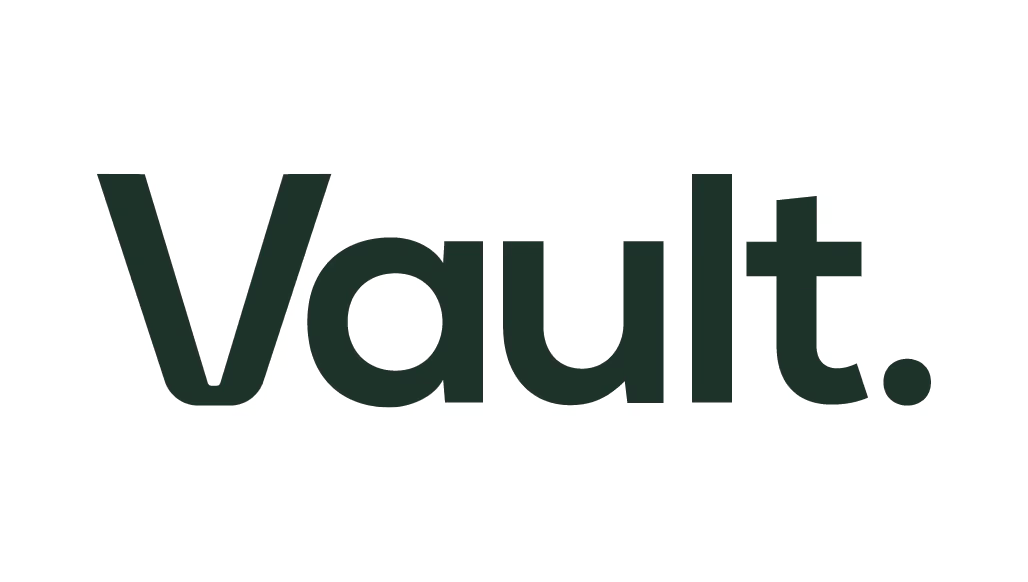
“In the future of finance, challenges like gaining client trust, regulatory approval, and data protection will be crucial as AI brings more personalised services to the forefront of wealth management.”

What upcoming technologies are likely to be more prevalent in the finance industry?
Advancements in technology, especially AI, will heavily influence the future of finance. AI will be significant in providing personalised financial advice and optimising wealth management processes. Additionally, the integration of open banking and digital-first solutions will make financial services more efficient, transparent, and client-centric. While there will be regulatory and data protection challenges, the overall goal is to create a more innovative and client-focused financial ecosystem.
What is one big area where you find AI to be particularly beneficial?
One major benefit of using AI is its ability to provide highly personalised financial advice by analysing vast amounts of client data.
At Vault, we're developing an AI module integrated with OpenAI's technology to provide personalised financial recommendations. By leveraging extensive client data, such as assets, income, and expenses, our AI will act as a co-pilot alongside our wealth advisors. This AI will help tailor specific advice and suggestions that closely align with individual needs and goals, making financial planning more accurate and effective.
However, it's crucial to ensure regulatory compliance and data protection. While there are challenges, particularly in gaining client trust and regulatory approval, I see AI playing a significant role in the future of financial services.
Talking about automation, can you share an example of automation being used at Vault?
At Vault, we’ve automated compliance by leveraging our engineering team's capabilities.
We've developed systems that can onboard clients and provide risk ratings within seconds, which used to take hours. This is achieved through API integrations that streamline various compliance checks and ensure that our processes are both efficient and compliant with regulatory standards. This automation significantly reduces the time and resources needed for compliance, allowing us to focus more on serving our clients effectively.
Bio
Sami Abdul Hadi is a leader in fintech and wealth management. He began his career at Standard Chartered Bank in Hong Kong, and later worked at Deloitte and HSBC in the UAE, where he gained valuable experience in the financial industry.
Sami co-founded Vault to create a transparent, digital-first wealth management platform. Drawing on his enthusiasm for technology, he successfully built a tech-focused team that drove Vault’s growth in the affluent market segment.
At Vault, Sami leads investment strategies, marketing, and sales, using AI to improve financial advisement. He also plans to launch Vault Academy to educate future wealth managers.
Guides to fast track your finance
Well-researched guides to help finance leaders in the UAE
Join the Community
Shape the future of finance. Engage with top leaders in the finance industry and become a part of the Chief Future Officer Community.









.avif)


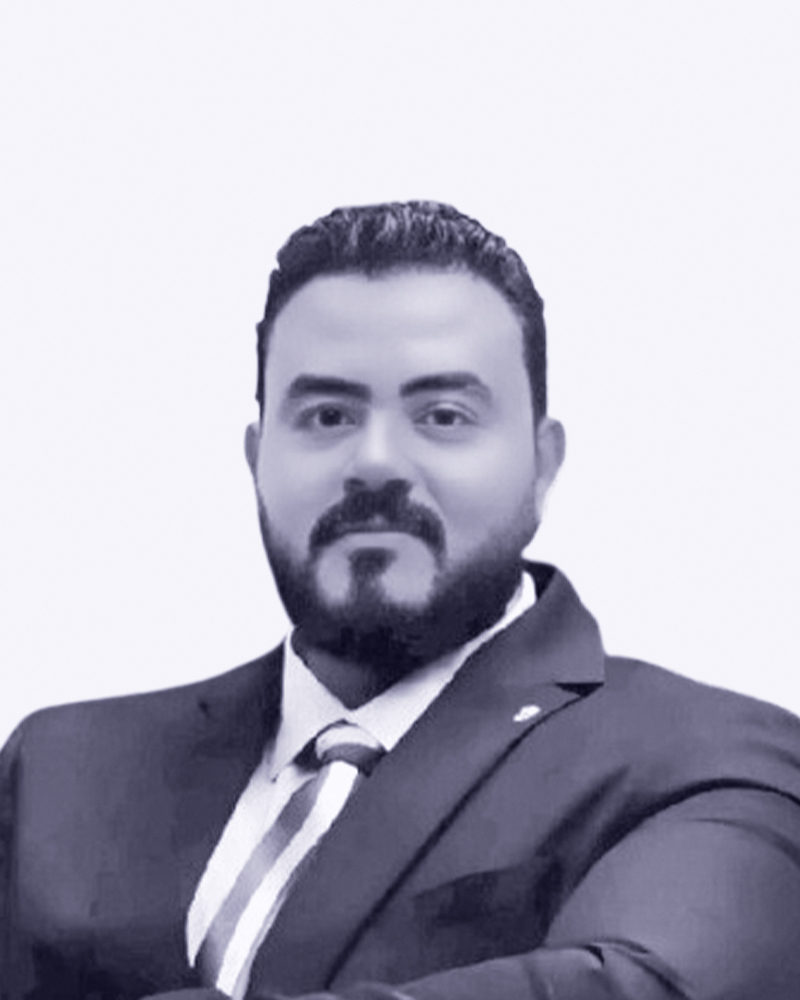
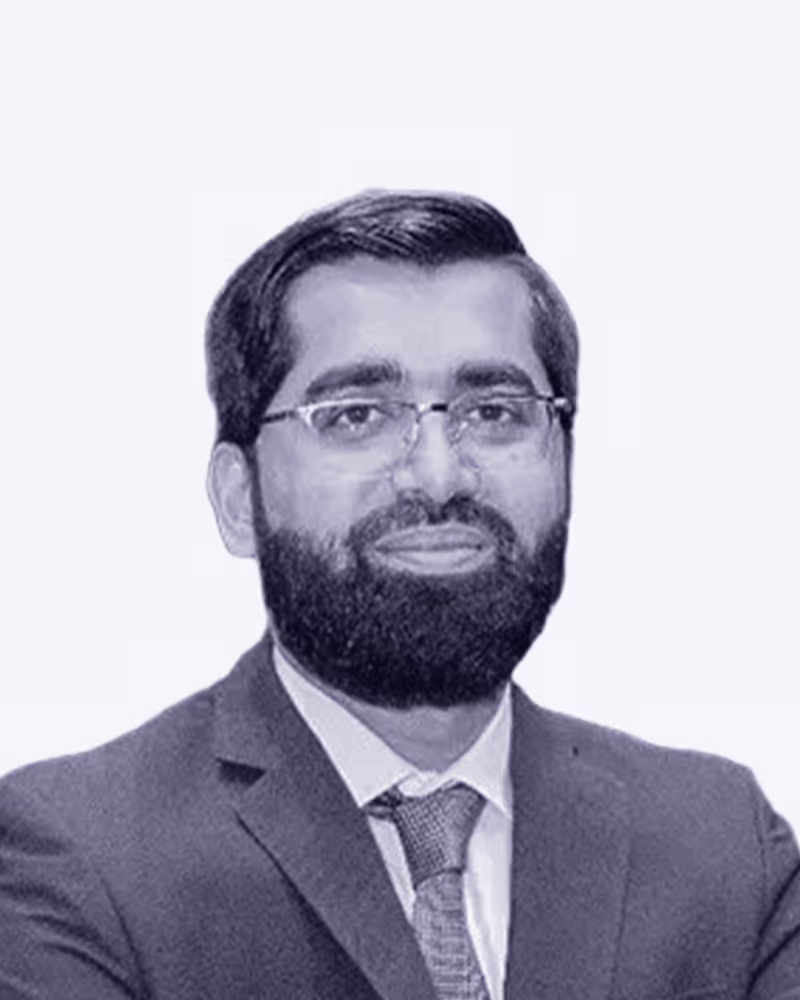

.avif)
